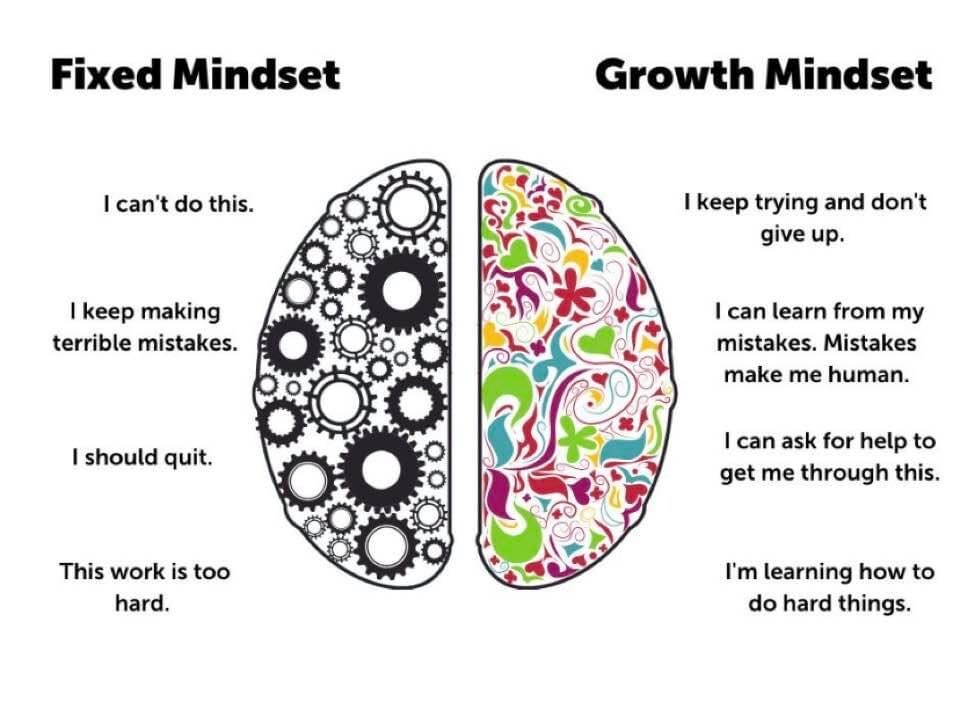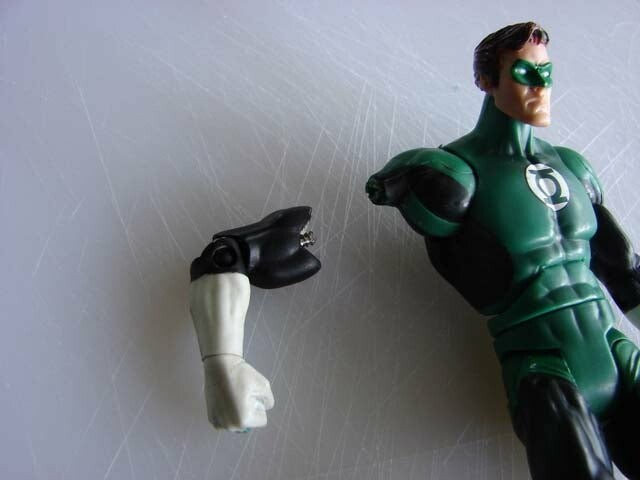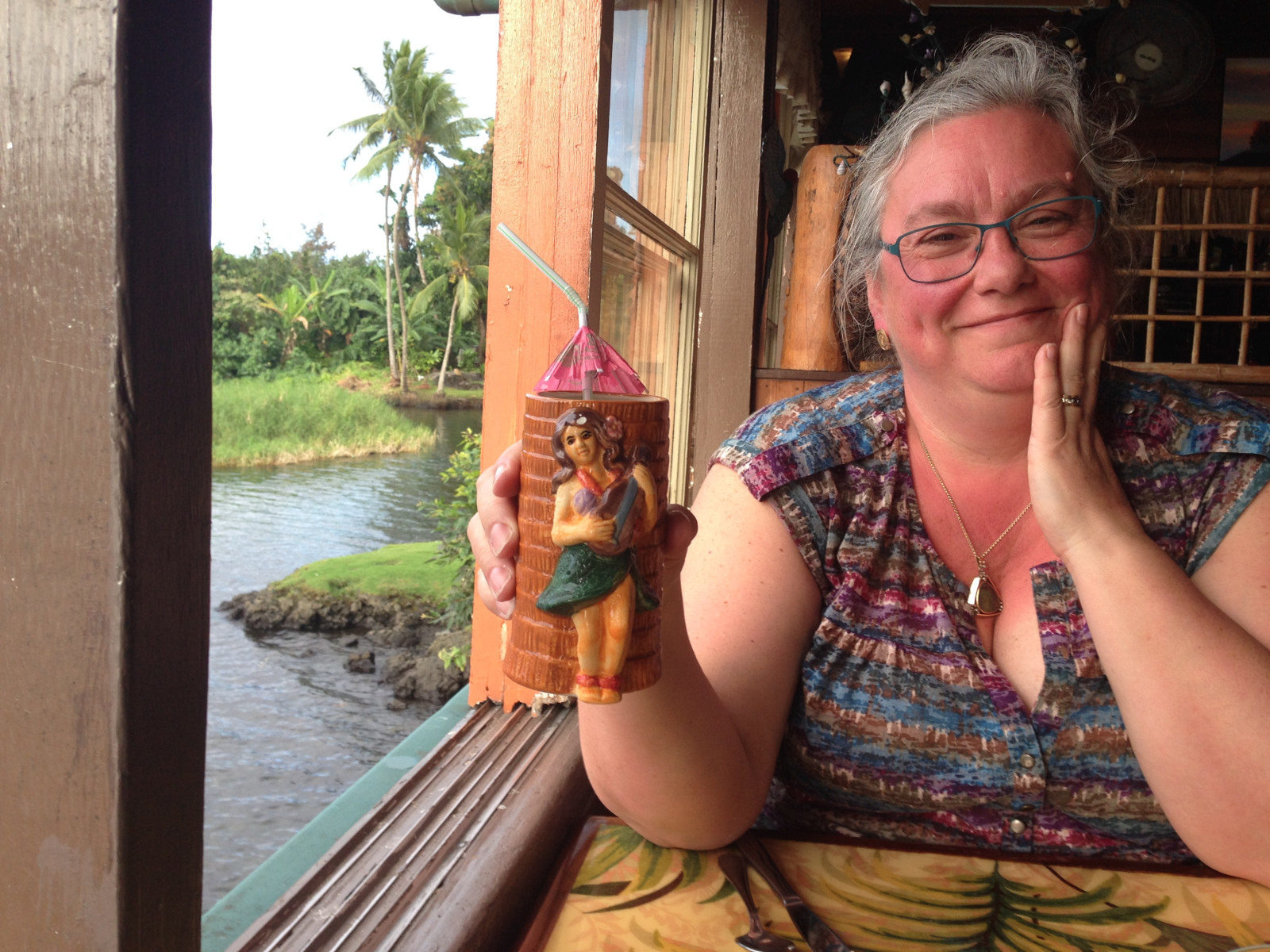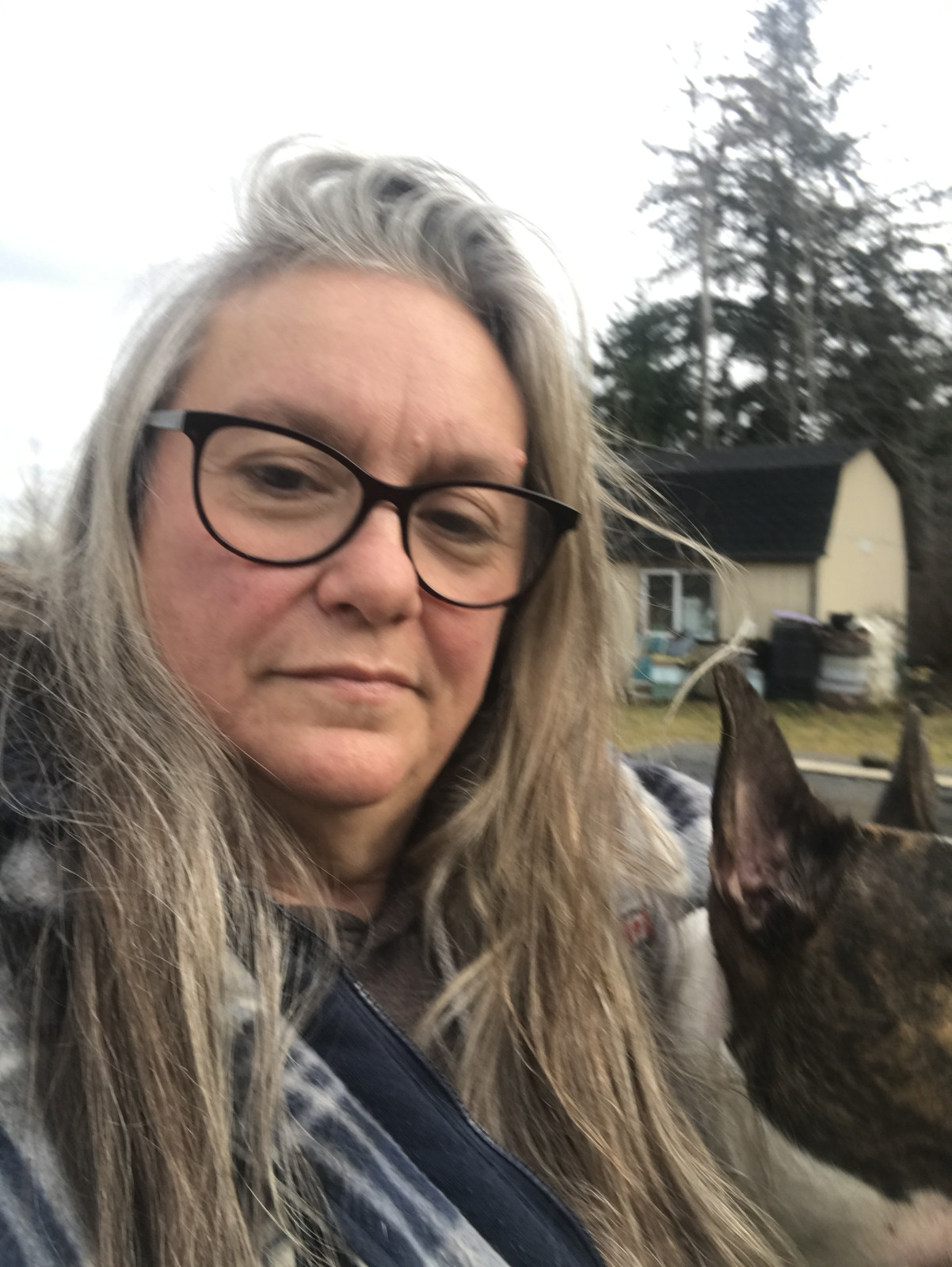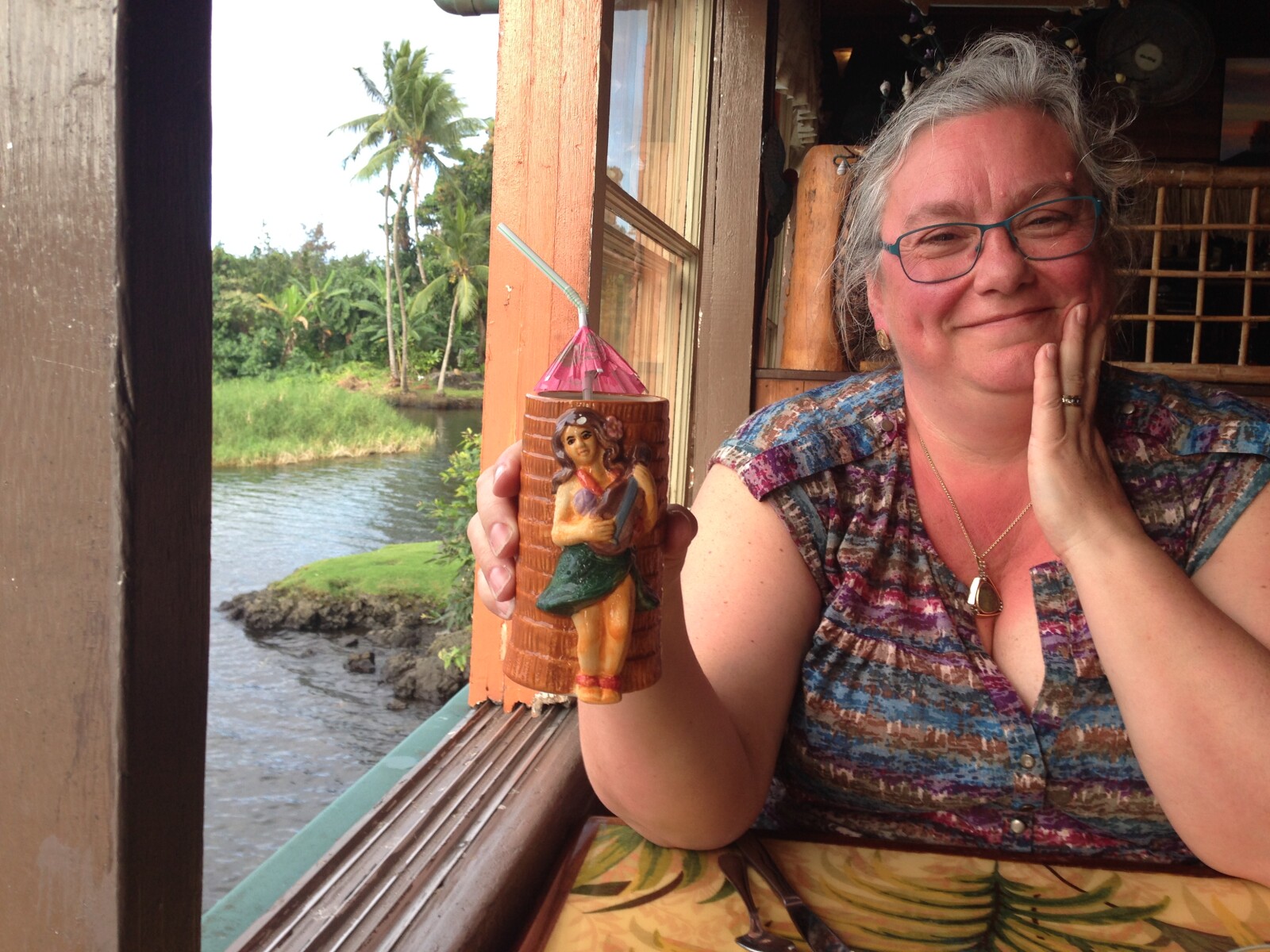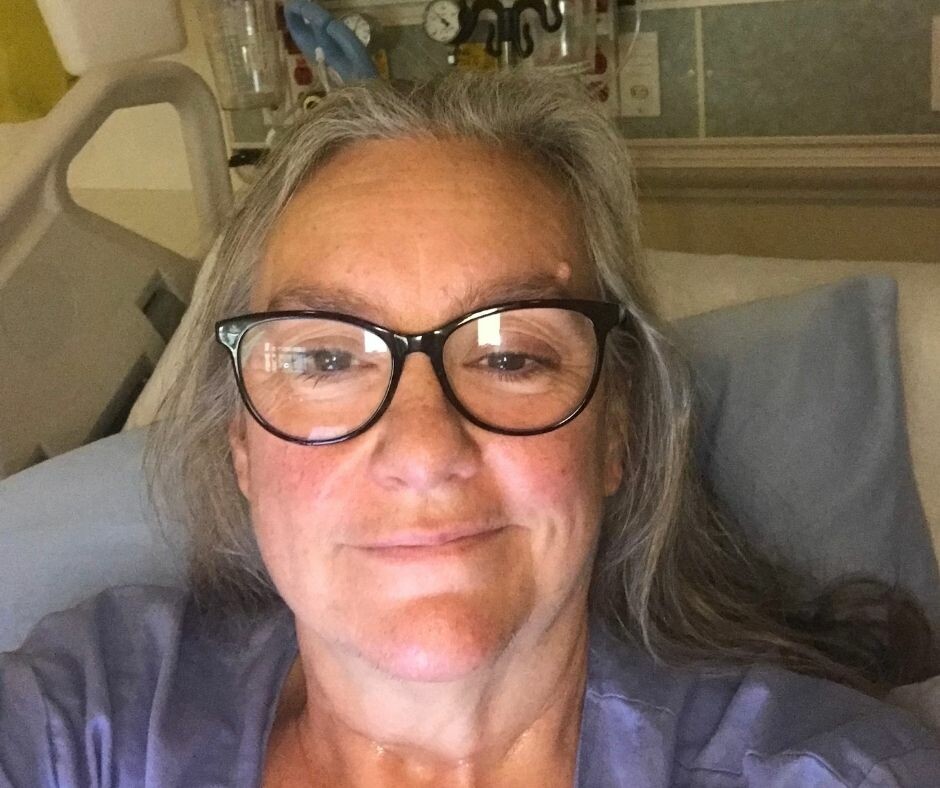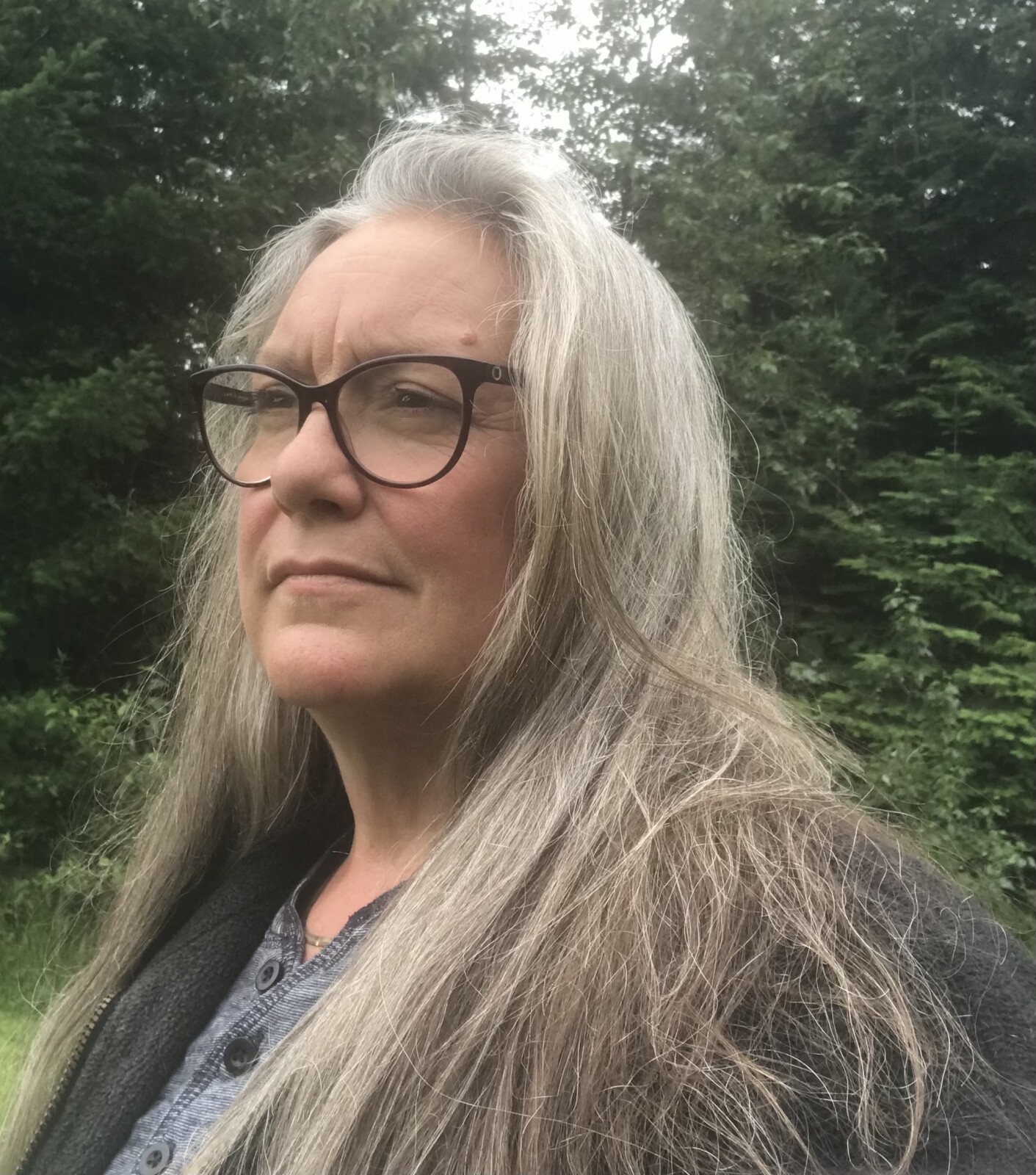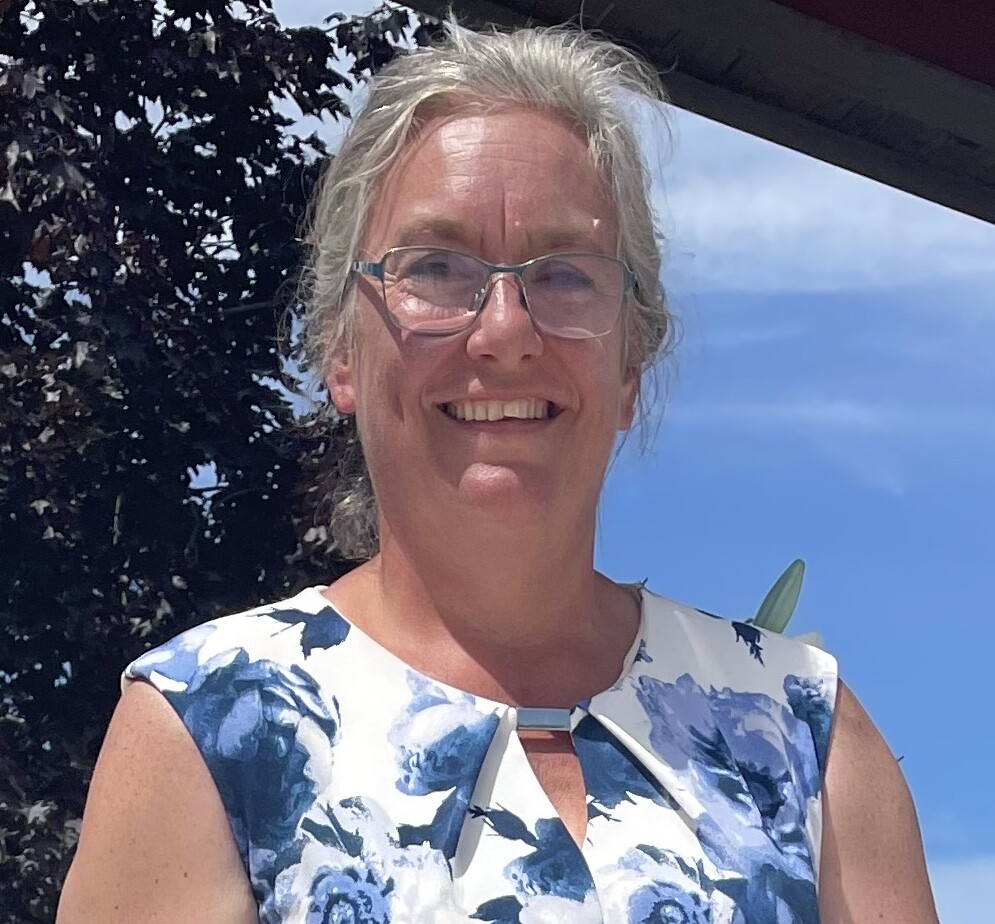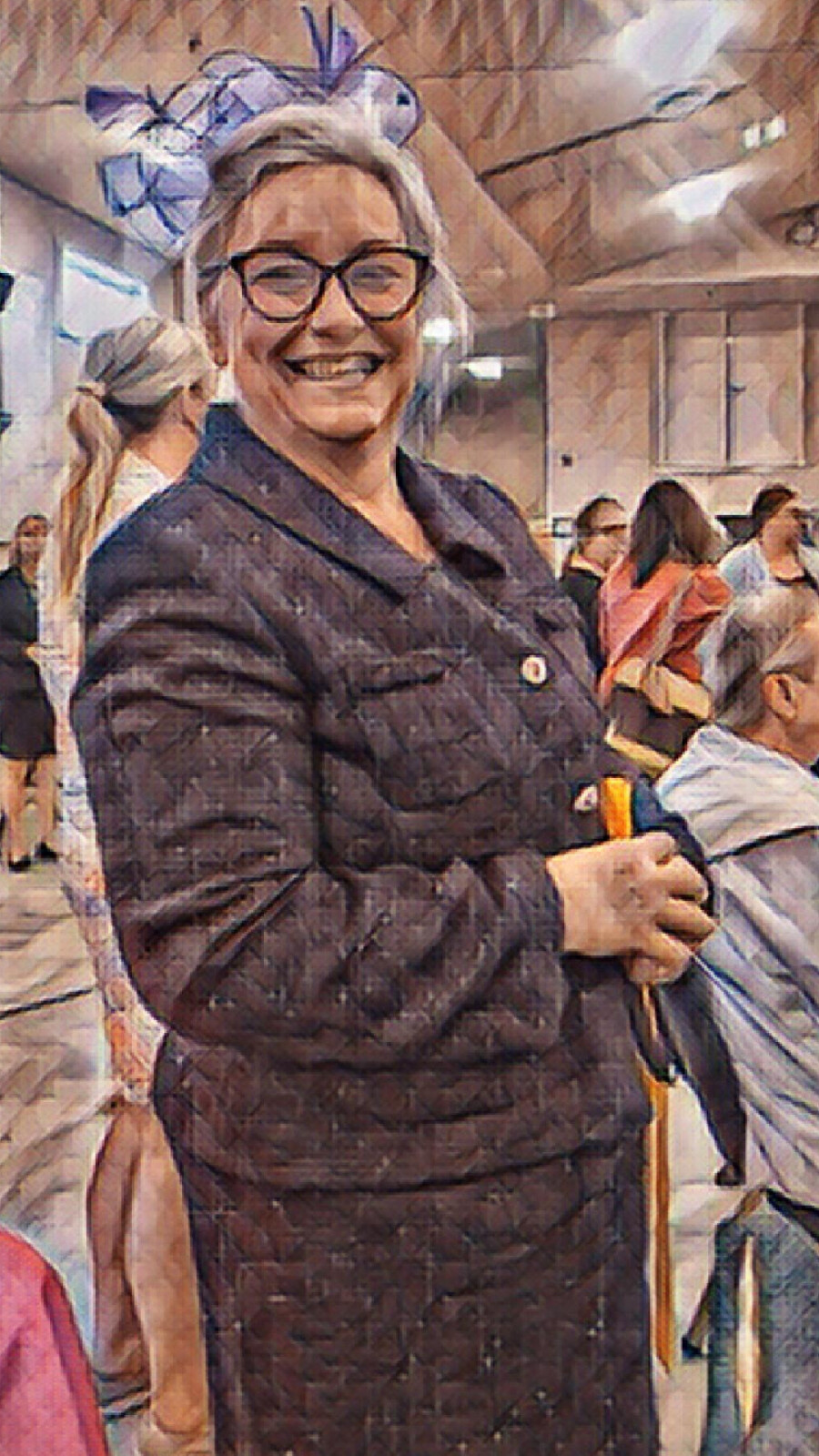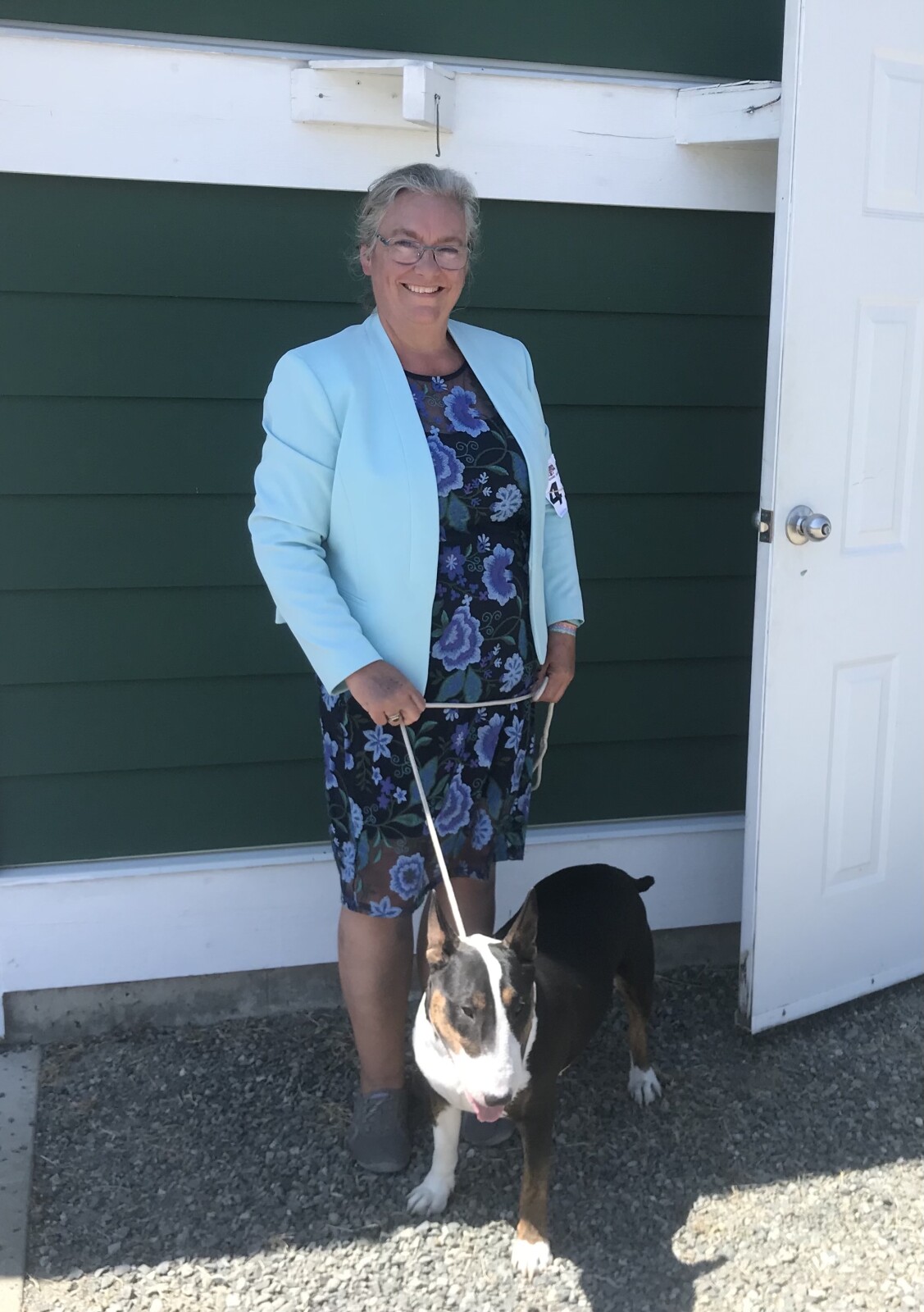
Disclaimer: Please seek professional supports if you know you have a history of trauma in your childhood. This activity could bring up very strong emotions and reactions so please monitor your well-being. If you have had or are currently undergoing therapy, please discuss this exercise with your therapist before beginning. I am not a therapist and am using this exercise only to excavate and reframe deep mindset issues that may be holding you back.
"What is your gut telling you?"
"Go with your gut"
"Follow your intuition"
How many times have you said this to someone or told yourself this? Accessing your intuition or going with your gut can be a great values-based way of making a decision or determining a course of action.
But what if your gut feeling is based on narratives that were developed when you were a child and really are no longer serving you well?
Maybe you noticed that sometimes your gut isn't leading you in the right direction or not getting you the results that you desire? That it might be a bit reactive, a bit pissy, a bit juvenile? Sounds like it is time to reflect on some of the key narratives you have about life to see if those narratives are your inner seven-year-old talking back.
Bruce H. Lipton, PhD, gives a great overview of the massive brain development in children from 0-7 years old and states:
"A child’s perceptions of the world are directly downloaded into the subconscious during this time, without discrimination and without filters of the analytical self-conscious mind which doesn’t fully exist. Consequently, our fundamental perceptions about life and our role in it are learned without our having the capacity to choose or reject those beliefs. We were simply programmed..........The problem is that we download our perceptions and beliefs about life years before we acquire the ability for critical thinking.
https://www.healyourlife.com/are-you-programmed-at-birth
So, basically, the thoughts and perceptions we have taken in, unfiltered, by seven years of age form our world view – our “gut”. We do, of course, add to that over time with new experiences, lessons and interactions – but all of these are framed by that seven year old world view. The lens we use is set and our understanding of experiences is rooted there.
There is a way to begin to excavate those long held and well covered up belief systems. It takes some effort and some courage but you can do it!
Grab some paper and a pen. Find a quiet place where you can be undisturbed for a period of time – maybe a half hour, maybe 10 minutes, at least start the process.
Sit quietly and tell yourself “I want to talk to my youngest self. It will be ok. I am safe.” Then think back to the very earliest memory you can remember. Think hard and go far back if you can. It may only be glimpses and shadows, but focus on it. Can you remember where it was? Can you remember how it smelled then, how warm or cold it was, who else was there? Maybe you can even remember where it was. What was the experience you can remember. Write it down. Write down everything. See if you can tap into your physical feelings, your mental feelings, your senses. Try to as stay detached – like you are watching this like a movie.
Then write down any words that come to your mind. These words can be important to understanding what you tell yourself subconsciously when you are accessing your intuition or your gut reaction. Remember any conversations that happened and who they happened with.
Write for as long as you can see the memory, it may fade in and out but keep going. Monitor your breathing and if you find yourself holding your breath, stay in the memory but do a couple of deep and calm breaths. Remind yourself that you are safe.
Once you feel you have done as much remembering as you can, slowly walk back to the present time. Don't rush, there is no hurry. Just honour that you may want to sit for awhile after you are back in the present to honour the memory and the child who showed it to you. Be grateful for that child and thank her/him.
When you are ready, start reading what you have written about the memory. Use your adult, critical brained, non-judgmental and honest mind to reflect on any you find. What narratives can you see? Are they ones that you find yourself using in your adult life? Do they provide you with good advice? Are they narratives that lead to mindsets that promote your success, your happiness, and your wellbeing? Or do they hold you back, keep you afraid, keep you small and powerless? If they are, now is the time to deal with them.
Write those mindsets down so you are not surprised when they surface in your day to day life. Put them in a column on the left-hand side of the page. On the right-hand side, make another column. In that column write down a new mindset to counter the old one.
Then as you travel through your days, when you find the old mindset escaping, call it out. Catch it in the act of slowing you down, restricting your success, reducing your happiness. Then Cancel that thought. Say it out loud if you have to. Make sure you are consciously aware that you are NOT going to use that again and then Correct it by repeating the positive mindset saying you wrote earlier. This is your magical sword to cut out the negative mindset and replace it with one that serves you, serves the you you want to be.
This exercise can be completed more than once and have you walk through from your earliest memory to ones at about seven years of age. Repeat the recording and identifying of mindsets, then the Catch, Cancel and Correct process for them with new mindsets that you want to instill. It takes some time to excavate these deeply held beliefs but the effort can bring a release and a redirection that suits your desired self.
Then, once you are able to replace the old mindset with the new, remind the seven-year-old you that everything is ok and that they don't need to worry about that anymore.
Give yourself a hug.
